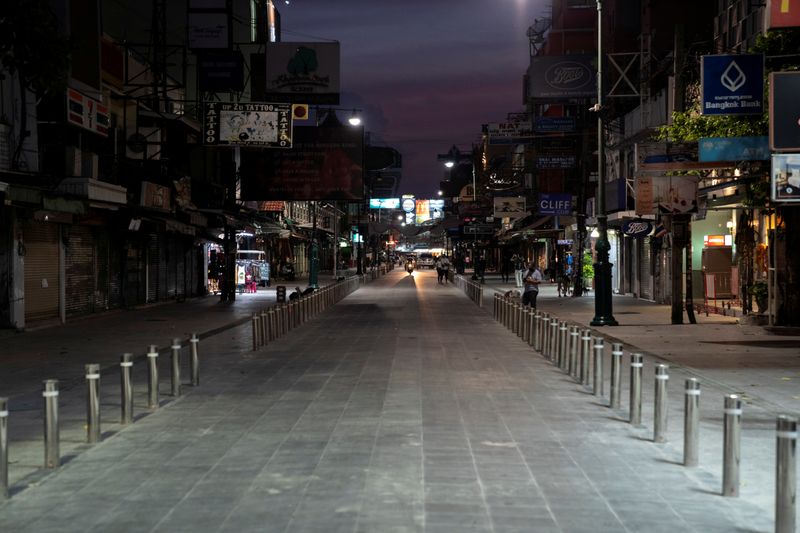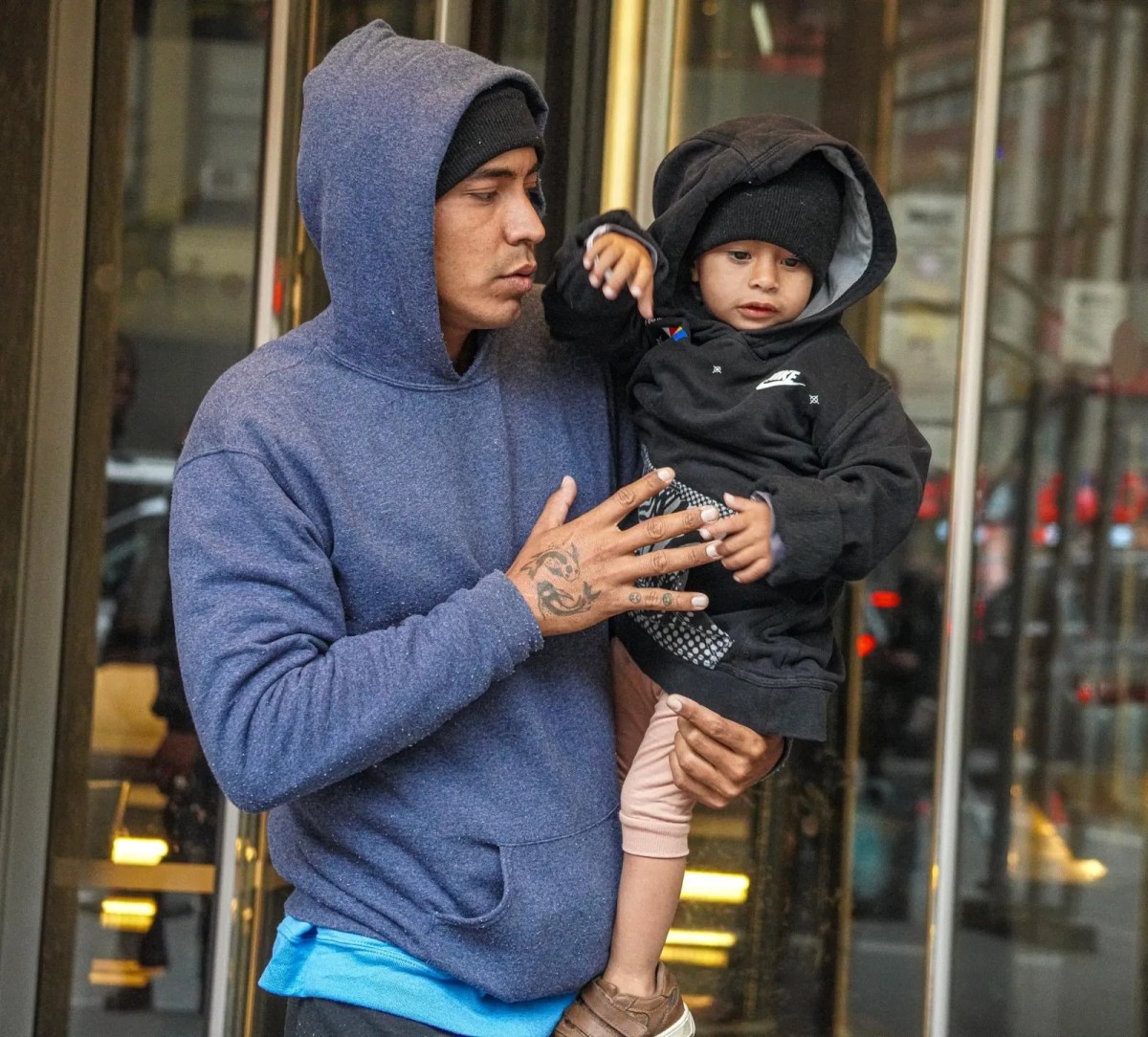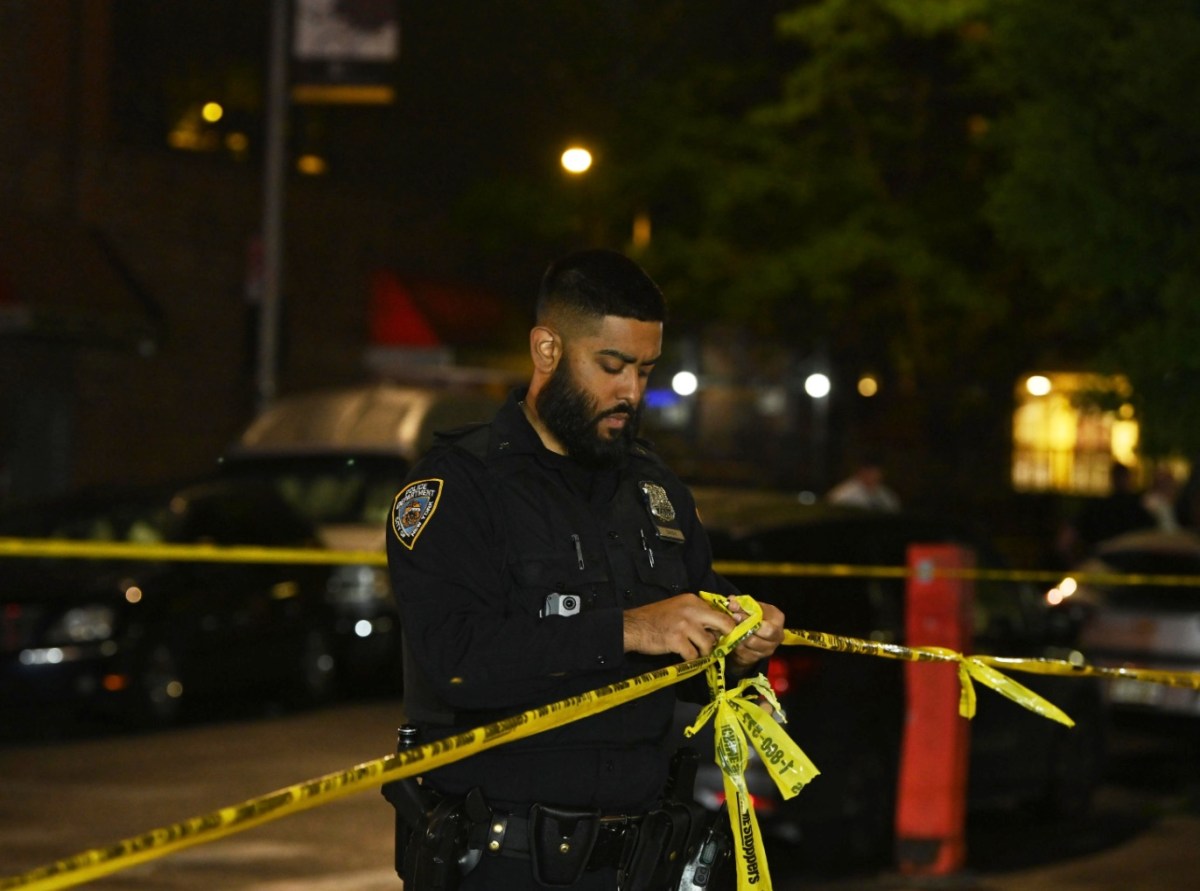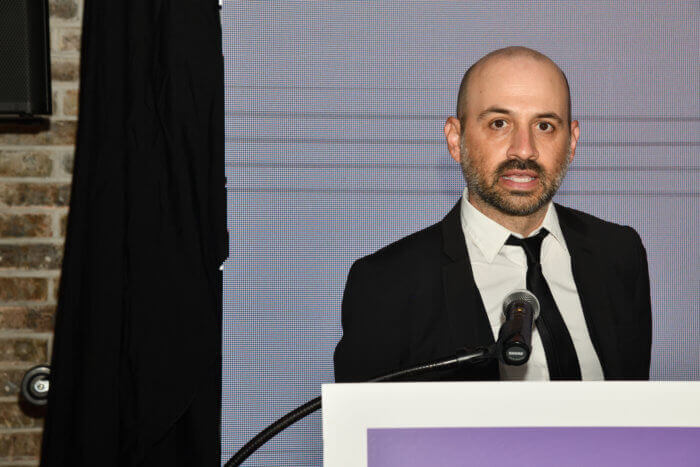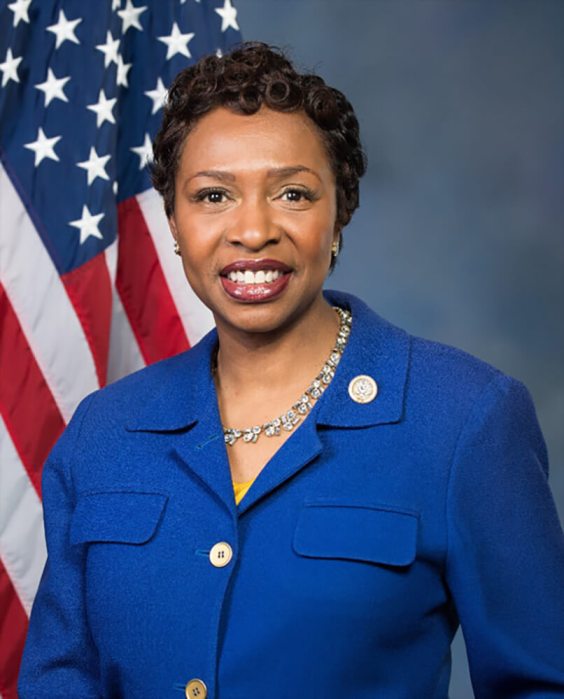BANGKOK (Reuters) – Thailand’s cabinet on Tuesday extended an emergency decree to fight the coronavirus to June 30, with a spokeswoman denying opposition suggestions that the prime minister, a onetime junta leader, was seeking a return to unchecked powers.
The state of emergency declared in late March came against the backdrop of student protests against the banning of a party opposed to Prime Minister Prayuth Chan-ocha.
With new cases now dwindling, some opposition figures have suggested the emergency decree should be allowed to expire.
“The prime minister would like to say that since the beginning of the emergency decree’s usage and every extension, we have based this on public health reasons and not political ones,” government spokeswoman Narumon Pinyosinwat said after Tuesday’s cabinet meeting.
Thailand was the first country outside to China to report a case of coronavirus, on Jan. 13.
The new virus has since spread around the world, infecting 5.5 million people and killing 350,000
Thailand has had 3,045 confirmed cases and 57 fatalities, making it so far a success story among many harder-hit Southeast Asian neighbours.
Prayuth first seized power in a 2014 military coup, and disputed elections last year yielded a coalition government led by his pro-army party.
The emergency decree grants broad authority to limit gatherings, order businesses closed, impose curfews and censor media, many of the same powers the former junta held.
Government spokeswoman Narumon, however, said it is too early to declare the emergency over.
“We have to maintain the emergency decree as a tool to manage the situation so we can overcome this,” she said.
(Reporting by Panu Wongcha-um and Panarat Thepgumpanat; Writing by Kay Johnson. Editing by Martin Petty)

